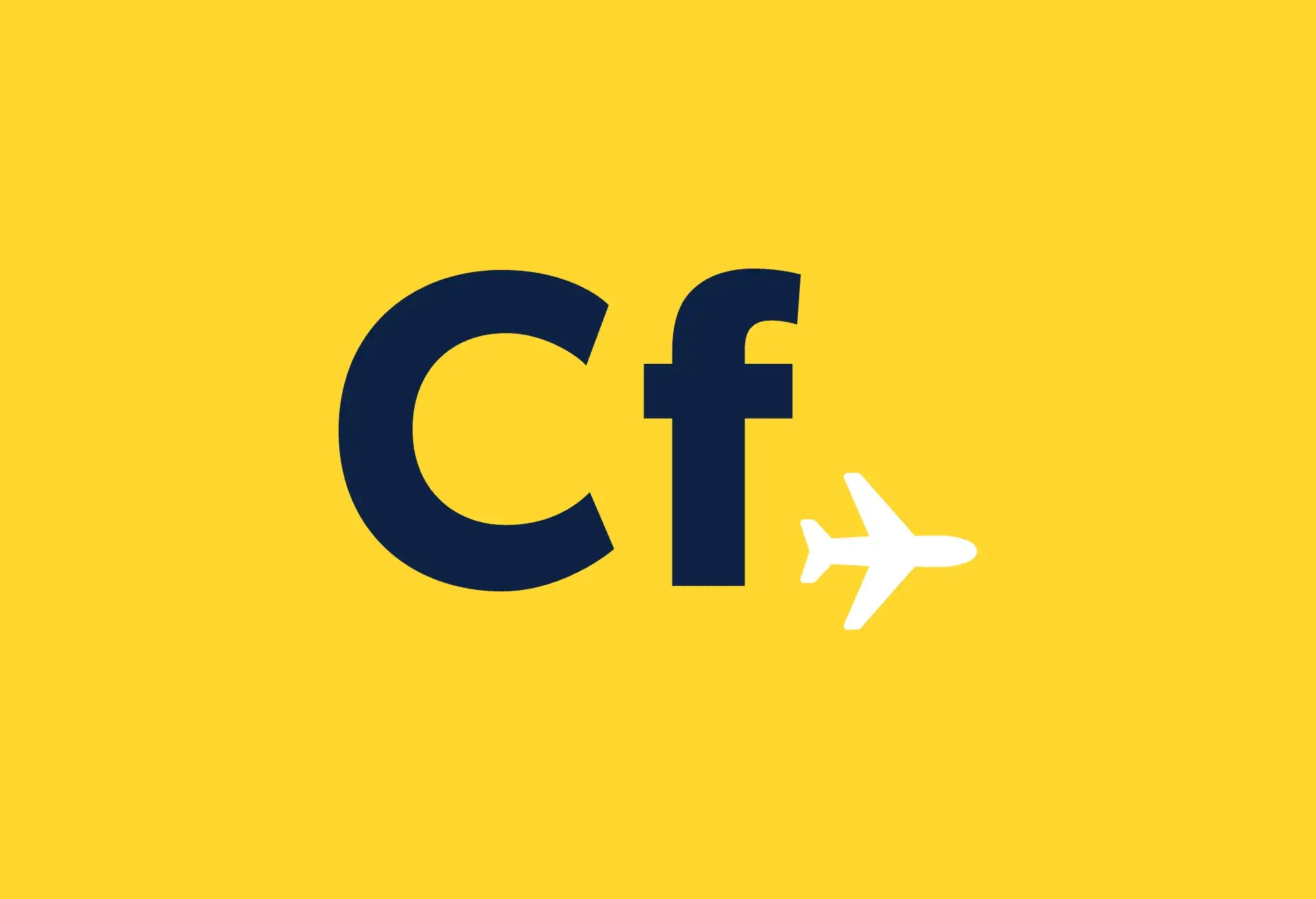The commercial aviation industry pays more than its fair share of taxes – more than alcohol and tobacco. And those things are taxed to discourage their use. These taxes significantly affect what you pay for an airline ticket. According to the Air Transport Association (ATA) on a typical $300 roundtrip ticket from Peoria to Raleigh/Durham via Chicago O’Hare you ante up a full $63.50 in taxes and fees.
Taking that $300 ticket as an example, here’s how it breaks down:
- 7.5 percent Federal Ticket Tax $22.50
- Passenger Facility Charge, Peoria $4.50
- Federal Flight Segment Tax, Peoria to Chicago $3.70
- Federal Security Surcharge, Peoria to Chicago $2.50
- Passenger Facility Charge, Chicago O’Hare $4.50
- Federal Flight Segment Tax, Chicago to RDU $3.70
- Federal Security Surcharge, Chicago to RDU $2.50
- Passenger Facility Charge, Raleigh/Durham $4.50
- Federal Flight Segment Tax, RDU to Chicago $3.70
- Federal Security Charge, RDU to Chicago $2.50
- Passenger Facility Charge, Chicago O’Hare $4.50
- Federal Flight Segment Tax, Chicago to Peoria $3.70
- Federal Security Charge, Chicago to Peoria $2.50
Total it up and it’s $63.50. That means taxes are 21.8 percent of the $300 roundtrip fare, and 17.9 percent of the ticket.
Airlines don’t think it should go any higher. That’s why the president and CEO of their trade group, the ATA, wants lawmakers to drop proposals to hike airline taxes as a way to cut the ballooning Federal deficit. “We oppose any increase in aviation taxes,” says Nicholas E. Calio.
ATA says the aviation industry’s non-income tax burden has risen from some $3.7 billion in 1993 to approximately $17 billion today. In 2010 passengers and airlines contributed $3.4 billion to the Department of Homeland Security alone. $2 billion of it went to the Transportation Security Administration. That’s 50 percent more than in 2002, just after the September 11 terrorist attacks.
In a prepared statement, Calio contends, “No other industry or mode of transportation pays for its security as airlines do, even though it is clear that the terrorists targeting commercial aircraft are not attacking the airlines themselves, but rather the U.S. economy and our way of life.”
Calio calls the present taxation set-up “absolutely unacceptable.” He asserts that “we should advance a tax policy that encourages air service to grow, not contract.” From the perspective of putting food on people’s tables ATA says commercial aviation generate $1.2 trillion in economic activity each year and represents more that five percent of the nation’s gross domestic product. 11 million jobs are tied to the industry.
That’s how critical the industry asserts commercial aviation is in this country.
In search of some good news amidst the taxation tangle? Despite the burden, in the face of still high jet fuel costs, airline tickets are still a comparative bargain. In a recent speech Calio said, “In real terms airfares have decreased 37 percent since 1993. Leisure travel is available to the general public in ways that were unimaginable when I took my first flight. So much so, I often think that people either take air travel for granted or view it as a right.”
Search and compare cheap flights, so you won’t have to pay as much.
Story by Jerry Chandler
(Image: Images_of_Money)


